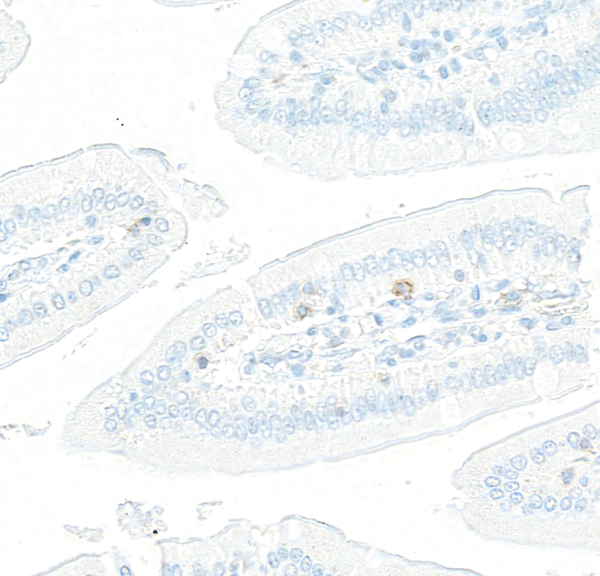Cookie preferences
This website uses cookies, which are necessary for the technical operation of the website and are always set. Other cookies, which increase the comfort when using this website, are used for direct advertising or to facilitate interaction with other websites and social networks, are only set with your consent.
Configuration
Technically required
These cookies are necessary for the basic functions of the shop.
"Allow all cookies" cookie
"Decline all cookies" cookie
CSRF token
Cookie preferences
Currency change
Customer-specific caching
FACT-Finder tracking
Individual prices
Selected shop
Session
Comfort functions
These cookies are used to make the shopping experience even more appealing, for example for the recognition of the visitor.
Note
Show the facebook fanpage in the right blod sidebar
Statistics & Tracking
Affiliate program
Conversion and usertracking via Google Tag Manager
Track device being used
| Item number | Size | Datasheet | Manual | SDS | Delivery time | Quantity | Price |
|---|---|---|---|---|---|---|---|
| A700-261-T | 10 µl (5+ tests) | - |
2 - 8 business days* |
172.00€
|
|||
| A700-261 | 100 µl (50+ tests) | - |
2 - 8 business days* |
655.00€
|
If you have any questions, please use our Contact Form.
You can also order by e-mail: info@biomol.com
Larger quantity required? Request bulk
You can also order by e-mail: info@biomol.com
Larger quantity required? Request bulk
Protein function: Lymphocyte activation gene 3 protein: Inhibitory receptor on antigen activated... more
Product information "Anti-LAG3 Recombinant Monoclonal"
Protein function: Lymphocyte activation gene 3 protein: Inhibitory receptor on antigen activated T-cells (PubMed:12209638, PubMed:12421911, PubMed:12672063, PubMed:15100286, PubMed:15634887, PubMed:30580966). Delivers inhibitory signals upon binding to ligands, such as FGL1 (PubMed:30580966). FGL1 constitutes a major ligand of LAG3 and is responsible for LAG3 T-cell inhibitory function (PubMed:30580966). Following TCR engagement, LAG3 associates with CD3-TCR in the immunological synapse and directly inhibits T-cell activation (PubMed:12209638, PubMed:12421911, PubMed:12672063, PubMed:15100286, PubMed:15634887). May inhibit antigen-specific T-cell activation in synergy with PDCD1/PD-1, possibly by acting as a coreceptor for PDCD1/PD-1 (PubMed:21300912). Negatively regulates the proliferation, activation, effector function and homeostasis of both CD8(+) and CD4(+) T-cells (PubMed:12209638, PubMed:12421911, PubMed:12672063, PubMed:15100286, PubMed:15634887). Also mediates immune tolerance: constitutively expressed on a subset of regulatory T-cells (Tregs) and contributes to their suppressive function (PubMed:15485628). Also acts as a negative regulator of plasmacytoid dendritic cell (pDCs) activation (PubMed:19201841). Binds MHC class II (MHC-II), the precise role of MHC-II-binding is however unclear (PubMed:12209638, PubMed:12421911, PubMed:15634887). [The UniProt Consortium]
| Supplier: | Bethyl Laboratories |
| Supplier-Nr: | A700-261 |
Properties
| Application: | WB, IHC, ICC |
| Antibody Type: | Monoclonal |
| Clone: | BLR261L |
| Conjugate: | No |
| Host: | Rabbit |
| Species reactivity: | mouse |
| Format: | Antigen Affinity Purified |
Database Information
| KEGG ID : | K06565 | Matching products |
| UniProt ID : | Q61790 | Matching products |
| Gene ID : | GeneID 16768 | Matching products |
Handling & Safety
| Storage: | +4°C |
| Shipping: | +4°C (International: +4°C) |
Caution
Our products are for laboratory research use only: Not for administration to humans!
Our products are for laboratory research use only: Not for administration to humans!
Information about the product reference will follow.
more
You will get a certificate here
Viewed









